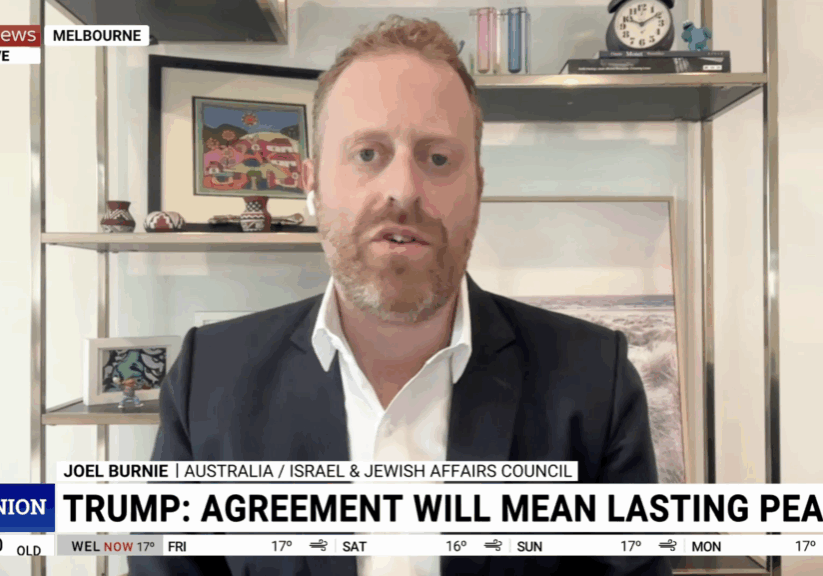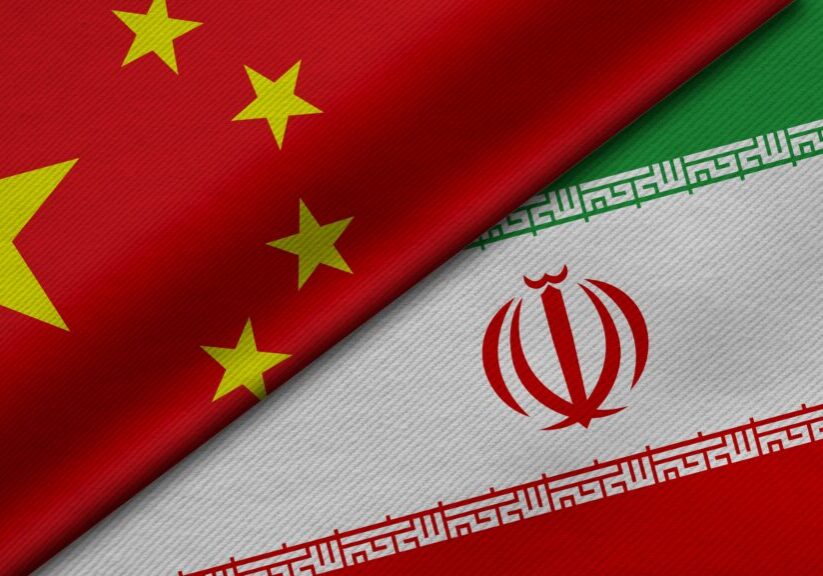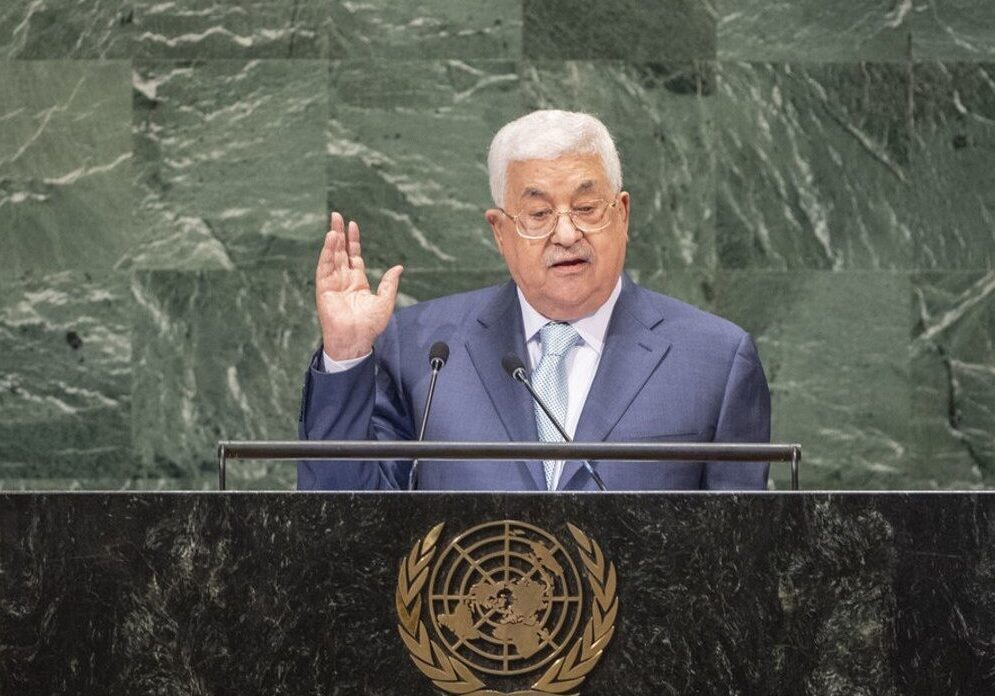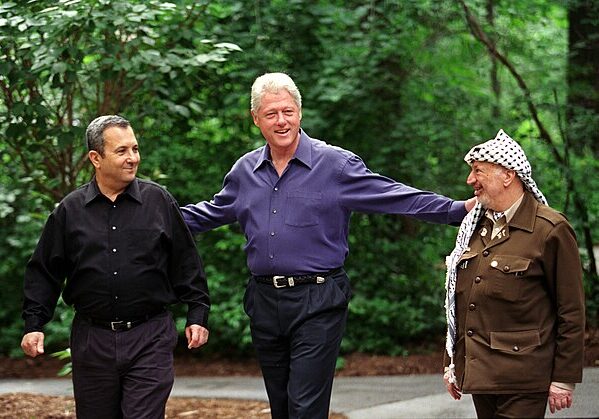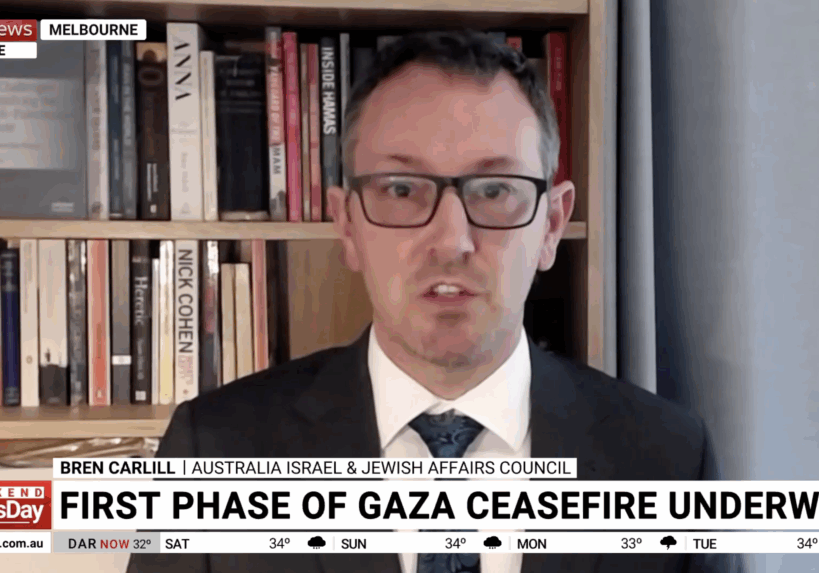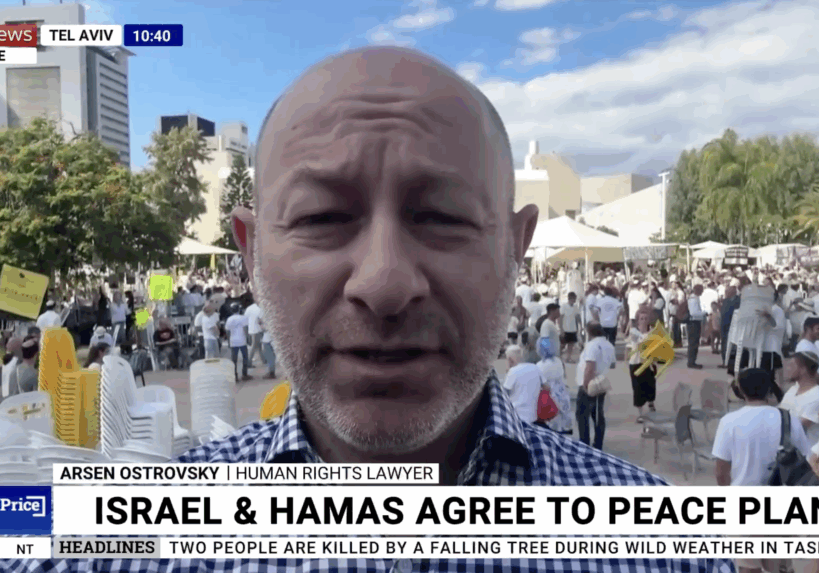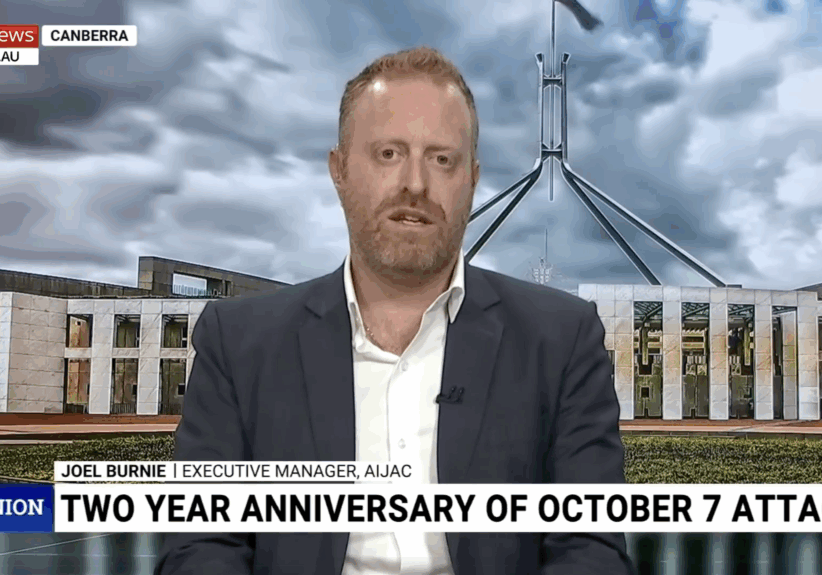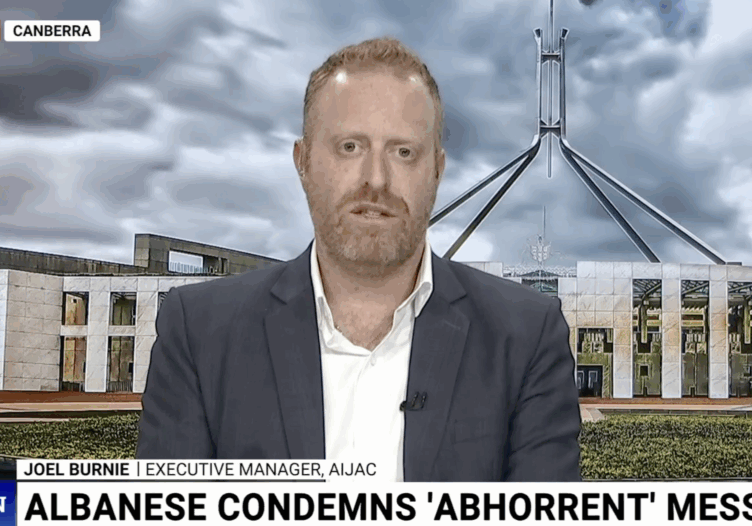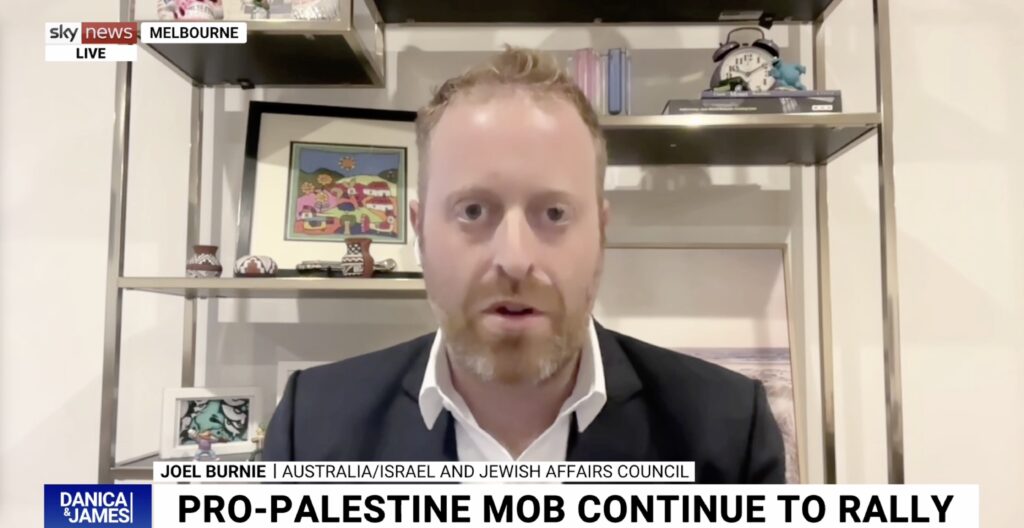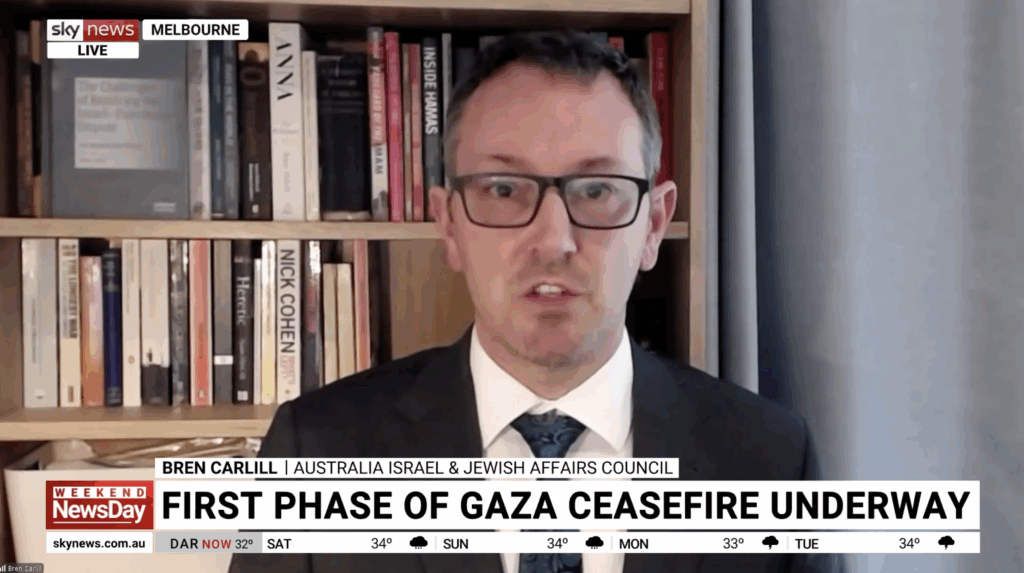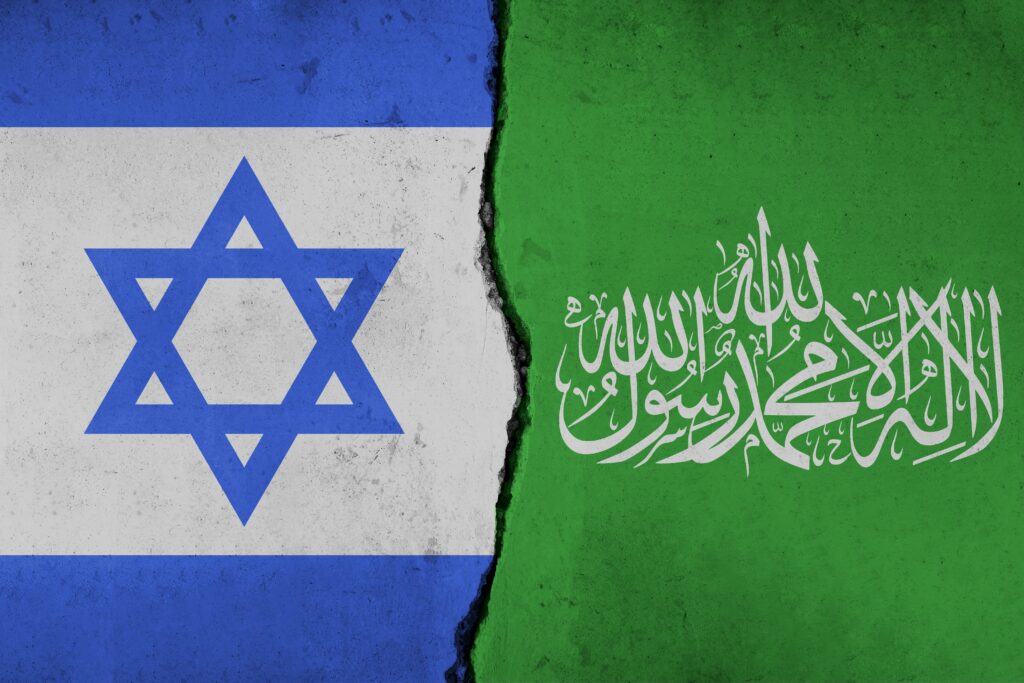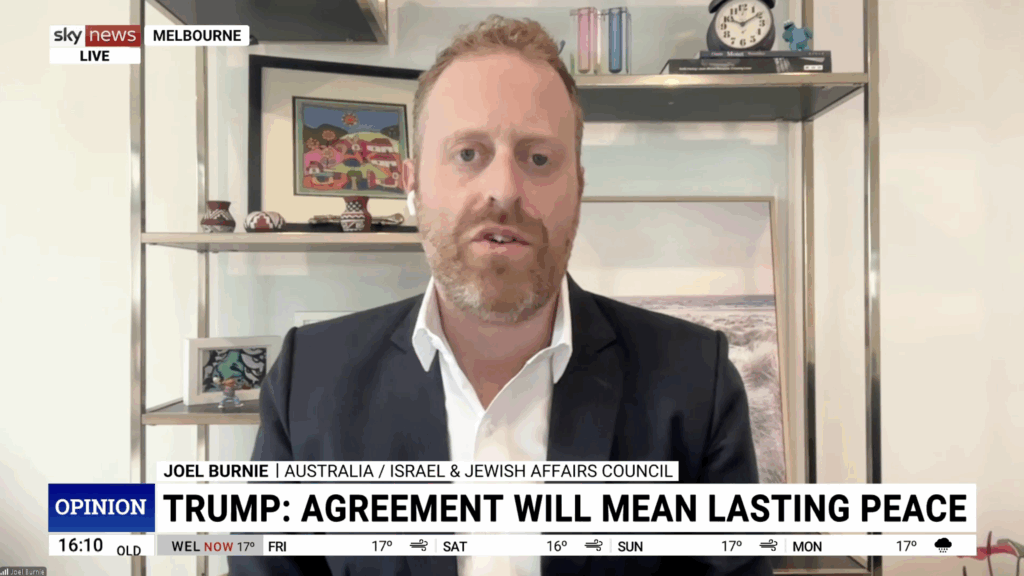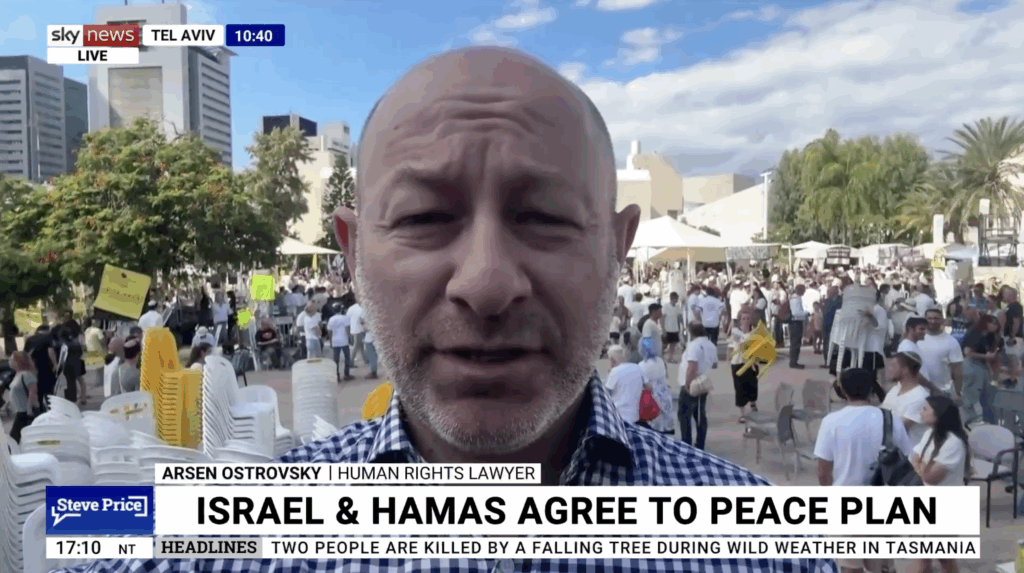FRESH AIR
UPDATES
In Gaza, some NGOs place water politics over public health
March 11, 2014 | Ahron Shapiro
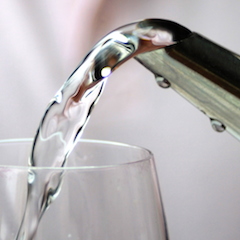
Gaza’s water quality issues, due to years of overpumping from their coastal aquifers as well as other factors such as agricultural pollution, and sewage dumping, are well documented. However, efforts by some NGOs to implement what has been determined by experts to be the most effective solution – desalination – has been met by staunch opposition by some 30 Palestinian and pro-Palestinian organisations and NGOs. They made this clear in a position paper they issued on March 9 through the Palestinian water issue-focused NGO umbrella coalition EWASH. It’s enlightening to examine their reasons for opposing desalination, in their own words.
Before we do that, however, it’s worthwhile to see how desalination is already improving the water quality for thousands of Gazans in a number of locations where it has been implemented, apparently over the objections of the other NGOs.
In January, UNICEF published an article “A fresh solution to Gaza’s water crisis“.
In the story, under the subheading “A perfect solution”, this is what UNICEF had to say:
For the poorest of Gaza’s 1.7 million residents, there may be a solution: neighbourhood desalination plants and free public taps that provide clean water. The territory already hosts 18 small plants, most of them supplied by UNICEF. With support from the Government of Japan, UNICEF has installed three brackish water (mixed fresh- and saltwater) desalination units with the capacity to treat 50 cubic metres per hour, and 10 units with the capacity to treat 50 cubic metres per day, which altogether provide safe drinking water to 95,000 people.
With support from the European Union, UNICEF is now installing a seawater desalination plant to treat 6,000 cubic metres per day, which will benefit 75,000 people.
UNICEF’s story describes just the kind of activity you would hope international aid organisations would engage in – improving the lives of people in need and bringing effective solutions to pressing humanitarian problems.
Unfortunately, when it comes to Palestinian issues, we can see that many NGOs put the Palestinian political agenda – meaning a zero-sum war with Israel – ahead of relief. This is clearly evident in EWASH’s March 9 position paper.
EWASH conceded that desalination is the choice that the Palestinian Water Authority itself has decided upon:
Seawater desalination is the adopted course of action by the Palestinian Water Authority. This option was unanimously endorsed and backed by the 43-member countries of the Union for the Mediterranean (UfM), including Israel, which called on donor countries to fund large-scale desalination for Gaza as a critical humanitarian need. The UfM tasked the Secretariat to help find the necessary funds for the project. The Islamic Bank for Development pledged to finance 50% of the project, which is estimated at 450 US million dollars and France pledged 10 million Euros.
In spite of this, EWASH said:
While the construction of a seawater desalination plant may be the most appropriate response to the urgent humanitarian needs of Gaza’s population, the undersigned organizations would like to voice their concerns regarding the implications of seawater desalination for Gaza as well as the challenges facing it:
1. Perpetuating the status quo while accommodating the occupation…
2. Increasing the isolation of Gaza whilst enabling Israel to ignore its obligations…
3. Increasing the vulnerability of the civilian population of Gaza…
4. Desalination plant requires significant amounts of electricity which Gaza does not have…
5. Seawater desalination plant is environmentally unsustainable, which will further deteriorate the already deplorable environmental situation in Gaza…
6. Further sustainable and right-based alternative solutions exist…
That’s right – the top two reasons EWASH offers for opposing desalination is that it would make the “occupation” appear too benevolent and at the same time make Gaza self-sufficient!
They go on to recommend that for the time being, Israel should sell Gaza unlimited water at subsidised rates.
Now, these are the mental gymnastics that must be required in order to understand EWASH’s objections: They consider Gaza to be occupied, although Israel has no military control there and Gaza controls its own border with Egypt. Even though EWASH concedes that Israel would not oppose a major desal plant in Gaza and has, in fact, signed off on it, EWASH doesn’t want to see it happen mostly because it would make Gaza seem too well off. Similarly, they don’t want to see Gaza take care of its own needs – better to go without and blame Israel for their problems.
EWASH’s third objection – that a desal plant would make Gaza more vulnerable to attack – is nonsense when you consider that their preferred temporary solution is to buy water below-cost from Israel, which would clearly make them even more vulnerable, not just to attack but simply to shutting off a single pipeline.
Their fourth objection, that Gaza doesn’t have enough electricity, ignores the fact that plans for the plant take into account Gaza’s power needs, and that Gaza’s recent electricity shortages have nothing to do with capacity but Hamas’ refusal to buy fuel for their plant at market rates.
EWASH’s fifth and sixth objections are mostly tangential to this discussion (besides talking up what they term as their “right-based” demands against Israel) – but do fly in the face of expert opinion and hydrological realities in the region, where every Middle East country today either relies on desalination currently or plans to in the future. There simply is not enough natural fresh water to support growing populations in the area.
In conclusion, everyone agrees Gaza’s water quality is a serious health issue. It requires Palestinian cooperation, from the NGO level on up to the highest governing levels in order to resolve it. Their unwillingness to assume responsibility for their own affairs in this matter – symptomatic of the wider failures of Palestinian state-building over the past two decades – is a direct result of their continued allegiance to the ideology of total war against Israel. It’s time for international donors to stop pandering to this and tell the NGOs of EWASH firmly that safe drinking water for Gazans is too important an issue to be allowed to be made subservient to any sort of Palestinian political agenda against Israel.
Ahron Shapiro
Tags: Israel
RELATED ARTICLES

Protests were always about the delegitimisation and demonisation of Israel: Joel Burnie on Sky News
